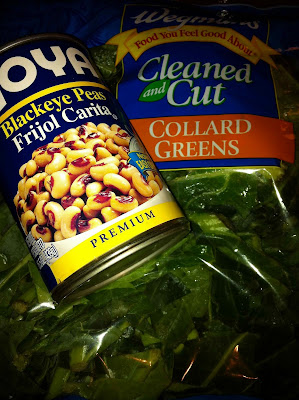My friend Ticia is a beautiful Black woman.
Inside and out.
She is a single mom, raising a young man and, despite the pressures of balancing work and everyday life demands, Ticia holds it down.
Like so many others, she makes sacrifices in order to give her son, Justin, a good life.
A product of a single parent upbringing myself, I stand in awe of the strength, resilience and sheer determination of Black women who, despite the odds, manage to raise strong, productive Black men.
We were talking recently and she told me a story that will undoubtedly be familiar to many.
The sight of a single Black woman in a barber shop is not a new phenomenon.
What “she” often times has to endure is another story.
Last week Ticia took her son to get a haircut.
“You want your son to have a nice line and look good.”
Instead of focusing on the task of cutting Justin’s hair, the barber focused on Ticia. Literally.
“Sister, you looking really good sitting there all fine and s%#t.”
“My, my my…You not from around here are you?!”
“You remind me of that honey in the new Steve Harvey joint, but you finer.”
Finer?
Really?
The end result is that Justin ended up with a jacked-up haircut.
Frustrated, Ticia had to find another barber shop and have the damage repaired.
Now, before I go any further, I have to say that this is not an attack on my brothers who cut hair for a living.
I have no beef with anyone’s hustle, but there are always a few who can’t help but forget to exercise decorum and professionalism.
After all, it is a business.
A good business model dictates that if one does a good job providing a service, the customer will be satisfied, the customer will pay and reward the business with repeat visits and patronage.
Like driving a car or any other activity involving machinery, one has to keep their eyes and attention focused on the activity at hand.
It is not cool to try and rap to a mother in front of her child. Ever.
If she politely rebuffs you, that is not an attempt to “play hard to get.”
Truth be told, she is probably just not that into you.
Besides, she didn’t come to the barber shop with her child in search of a man.
We can never forget that we are all role models for our youth and this a responsibility that cannot be taken lightly…
“Careful the things you say Children will listen Careful the things you do Children will see and learn Children may not obey, but children will listen Children will look to you for which way to turn To learn what to be Careful before you say “Listen to me” Children will listen”
– Stephen Sondheim




